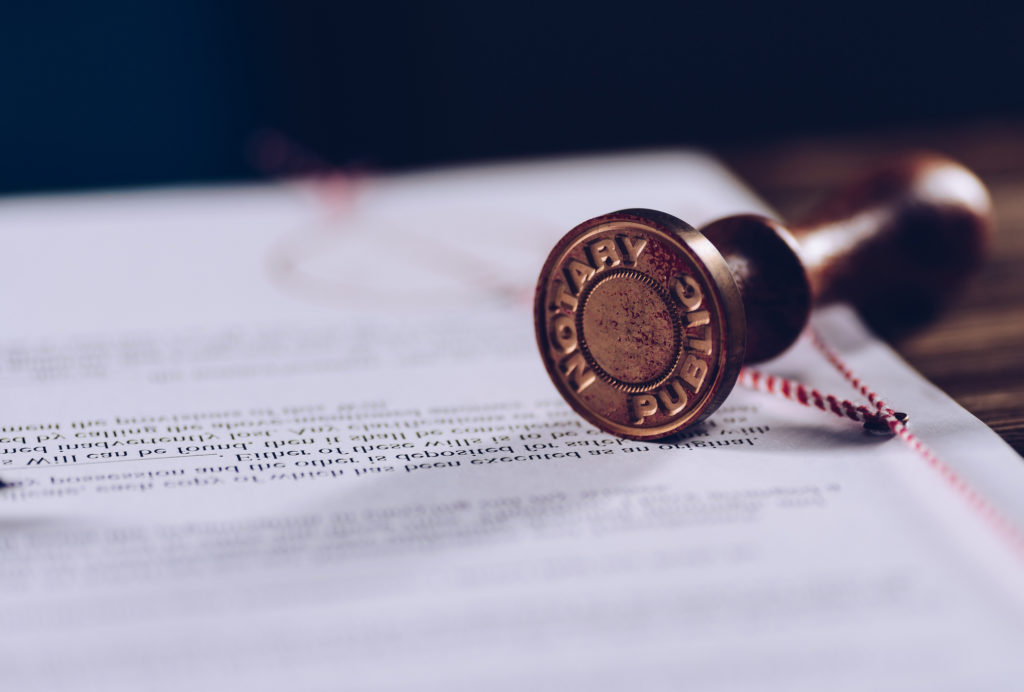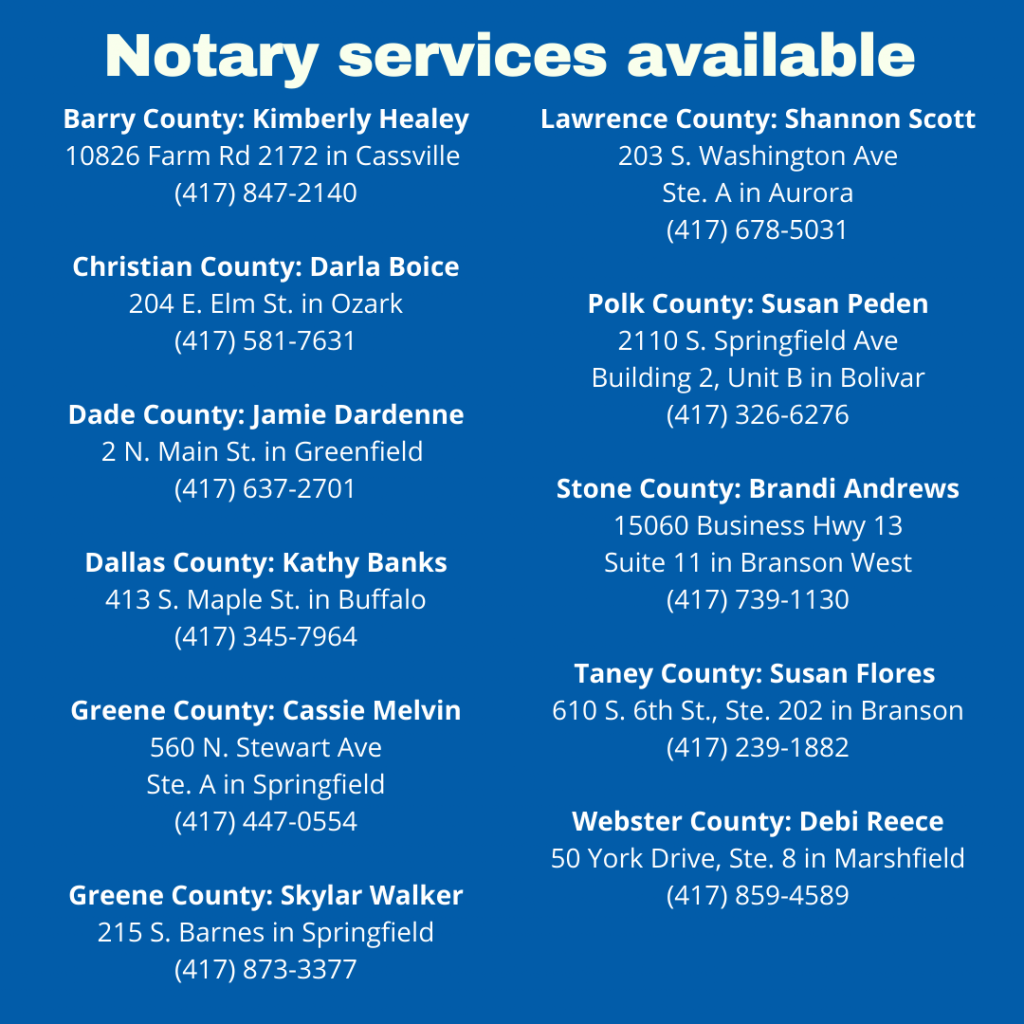Debunking Notarial Job: Simplifying the Role and Relevance of Notaries
In the complex internet of lawful documentation and verification, notaries stand as columns of guarantee and authenticity. Their role, frequently shrouded in enigma for many, brings considerable weight in guaranteeing the legitimacy and honesty of essential papers. As guardians of legitimacy and reality, notaries play a crucial component in our culture, yet their job is not constantly totally recognized. By unraveling the complexities surrounding notarial practices and losing light on the significance of their acts, a clearer understanding arises of the vital duty notaries play in upholding the fabric of legal and legal arrangements.
The History of Notarial Work
The background of notarial work days back to ancient people, where scribes played an essential duty in recording crucial details and verifying papers. This led to the growth of notaries, individuals designated by the state to act as objective witnesses in lawful matters.
During the Center Ages, notaries got importance in Europe, with their functions expanding to include composing legal files, accrediting trademarks, and maintaining records. The rise of worldwide trade additionally stressed the significance of notarial work in validating agreements and arrangements across borders.
In the contemporary age, notaries remain to play an essential duty in lawful and business transactions by verifying identities, confirming the authenticity of files, and stopping fraudulence. Their duty in licensing the legitimacy of arrangements includes a layer of protection and depend the ever-evolving landscape of commerce and regulation.

Responsibilities and Duties of Notaries
Notaries play an important duty in confirming the credibility of papers and the identity of notaries. One of their key obligations is to witness the signing of crucial documents, such as wills, contracts, and actions, to make sure that all events are entering into contracts knowingly and willingly.
They accredit copies of original files, offering assurance to institutions that the duplicates are real reproductions of the originals. Generally, the tasks and duties of notaries are crucial in guarding the honesty and validity of different papers and transactions - Deceased Estate.
Notarial Certificates and Signatures
Exhibiting meticulous attention to detail, notarial certifications and trademarks work as important components in validating the authenticity of lawful papers. Notarial certificates usually include essential information such as the day of registration, the names of the signatures, a description of the record, and the notary's official seal. These certificates provide a clear record of the notarial act, making certain that the paper can be conveniently recognized and mapped back to the notary who oversaw the process.
Trademarks play a crucial function in notarial work, as they symbolize the contract and authorization of the events included. Notaries carefully witness the finalizing of documents to validate the identity of the signatories and validate that they are signing of this website their own cost-free will. By affixing their main seal and signature to the file, notaries certify that the essential treatments have been adhered to and that the record is valid and enforceable.
Fundamentally, notarial certifications and trademarks are the trademark of authenticity in legal purchases, offering guarantee to all celebrations entailed that the papers are legitimate and binding.
Relevance of Notarial Acts

Notarization Process Described
The registration procedure usually begins with the specific offering the paper to a notary public. When the identification is validated, the notary guarantees that the individual signing the record does so voluntarily and without any type of coercion.

Verdict

Notarial certifications normally have essential information such as the day of registration, the names of the notaries, a description of the paper, and the notary's official seal. These certifications give a clear record of the notarial act, making sure that the document can be click site conveniently determined and traced back to the notary that managed the process.
By fastening their official seal and signature to the paper, notaries certify that the needed procedures have actually been adhered to and that the record is legitimate and enforceable.
By validating the identity of the notaries, verifying their readiness to get in right into the arrangement, and accrediting the day and area of the finalizing, notaries play an important function in maintaining the credibility of legal files.After the document is signed, the notary will certainly fasten their official seal or stamp onto the file.
Comments on “Apostille Refine Explained: Simplifying International Record Confirmation”